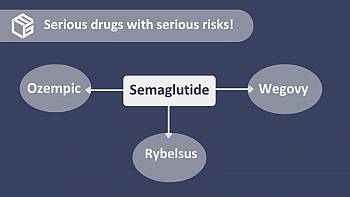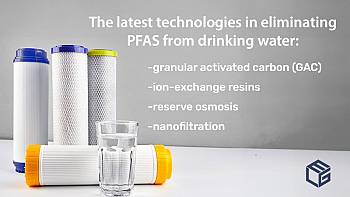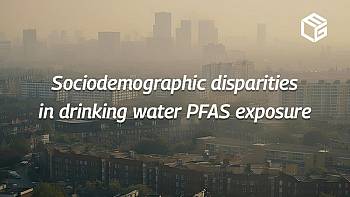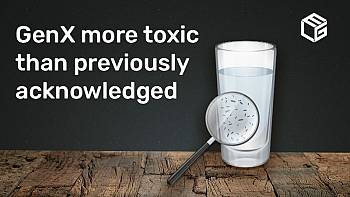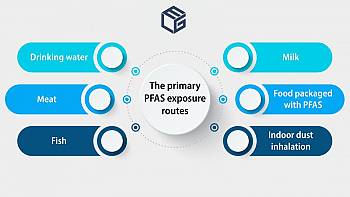Read by 708 users
The Firefighter PFAS Injury Compensation Act Seeks to Provide Timely Payment to Affected FirefightersRead by 552 users
Ozempic use can result in concerning side effects – what you need to know about adverse reactions and stomach paralysisRead by 822 users
Ozempic manufacturer Novo Nordisk faces dozens of lawsuits filed by individuals affected by stomach paralysisRead by 2045 users
The reopening of the VCF allows 9/11 survivors and responders to obtain financial compensationRead by 2586 users
Individuals living near military bases contaminated with PFAS might also be eligible to file a claimRead by 2162 users
The importance of monitoring your health as a Camp Lejeune veteran or family memberRead by 1554 users
Black and Latino communities, disproportionately affected by drinking water with PFASRead by 1324 users
The silent threat: how PFAS chemicals impact women, pregnancy, and human development


